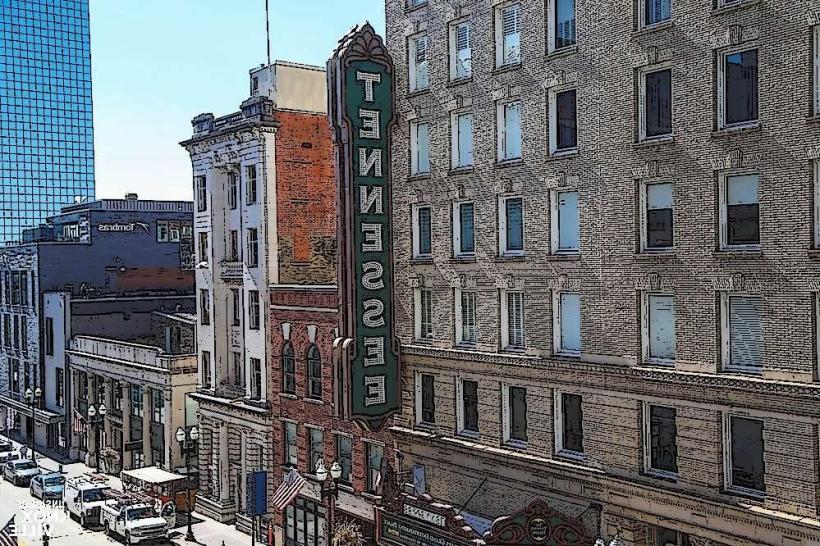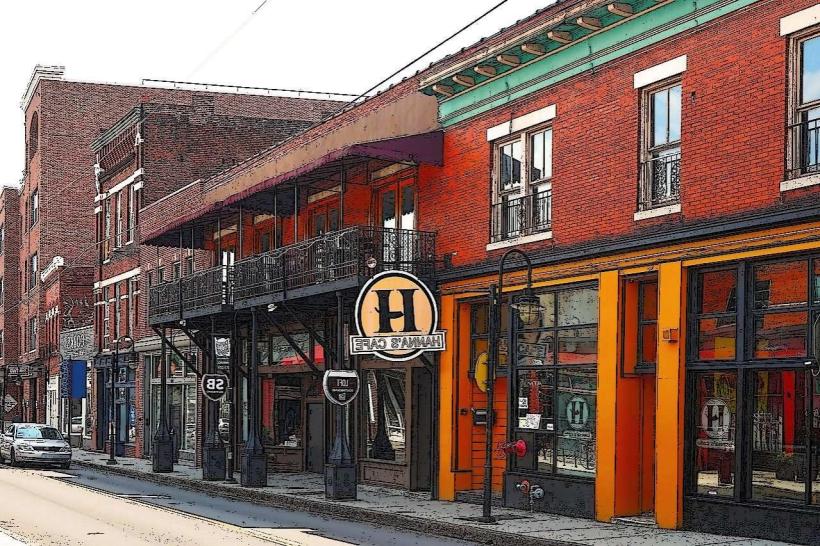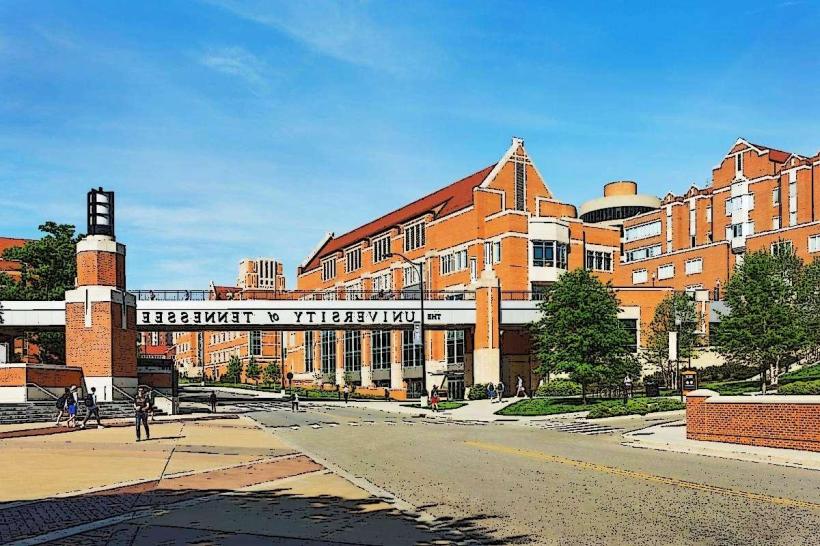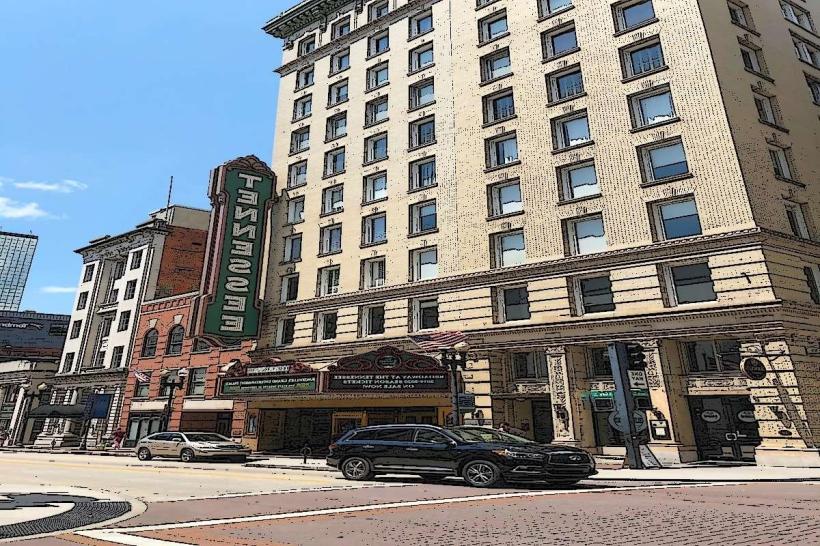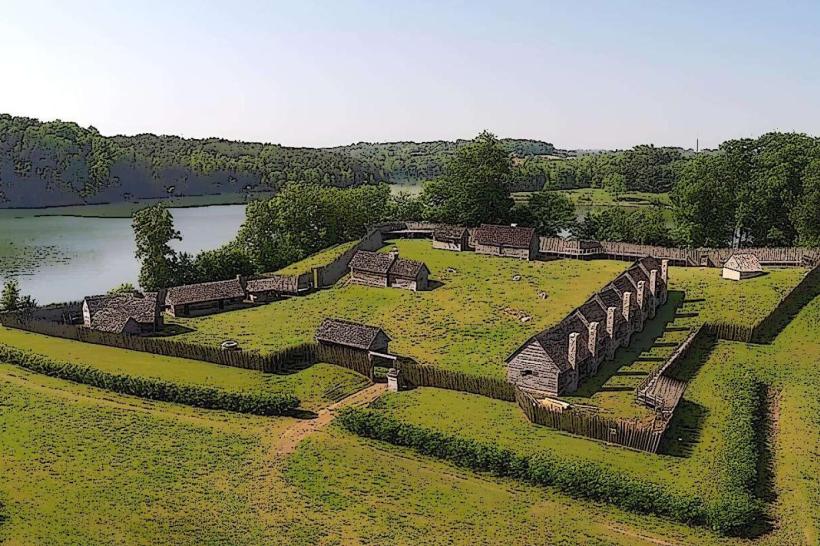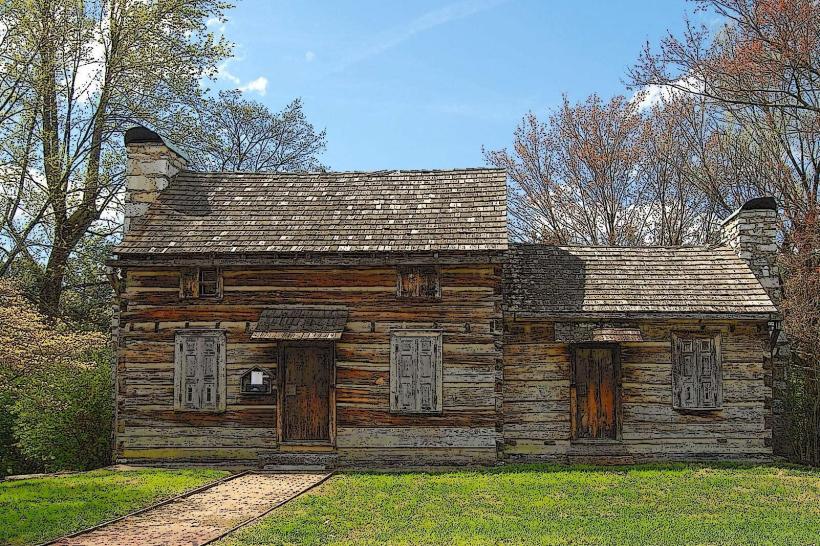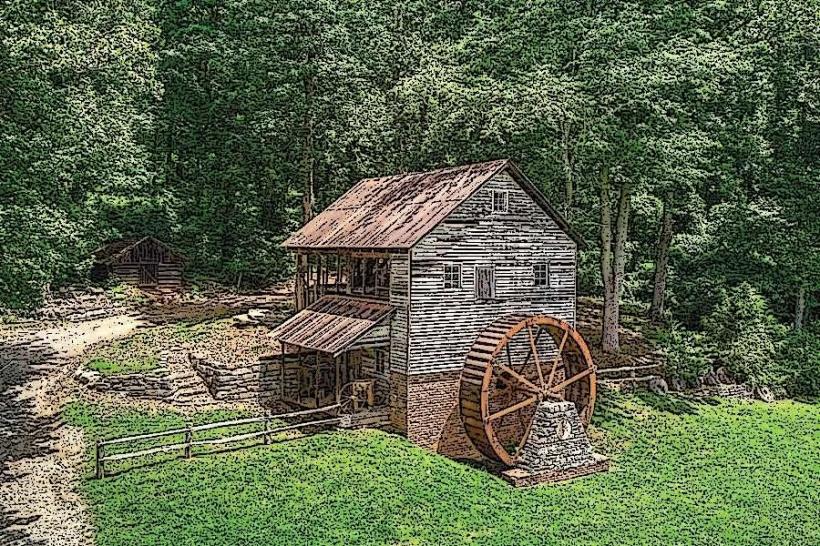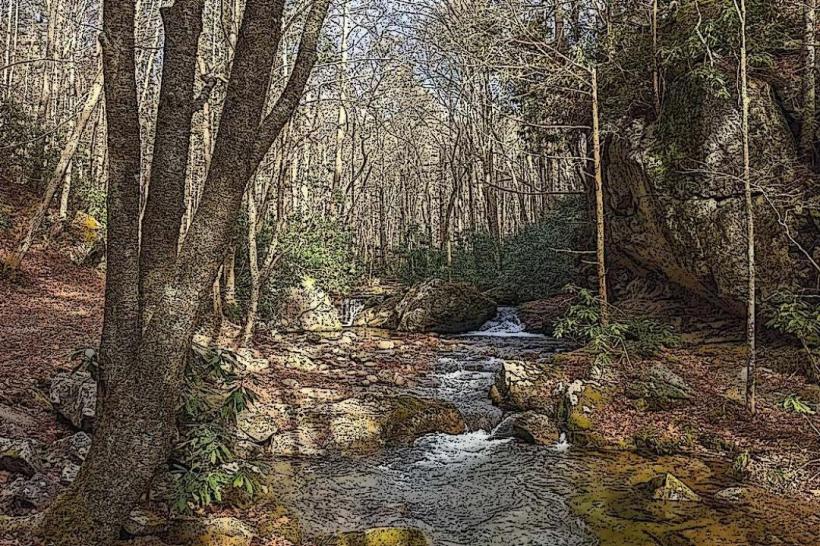Information
City: KnoxvilleCountry: USA Tennessee
Continent: North America
Knoxville, USA Tennessee, North America
Knoxville is an independent city and the seat of Knox County, situated in East Tennessee along the Tennessee River. Known as the "Marble City" and "The Gateway to the Smokies," it is defined by its role as the home of the University of Tennessee (UT), its Appalachian cultural roots, and its status as a regional hub for energy research and outdoor adventure.
Historical Timeline
Inhabited by the Cherokee people for millennia. Primary governance eras include its 1791 founding as the first capital of the Southwest Territory and its 1815 incorporation as a city. A critical historical event was the Battle of Fort Sanders (1863), a pivotal Civil War conflict that secured Union control of East Tennessee. In the 20th century, Knoxville gained global prominence as the headquarters of the Tennessee Valley Authority (TVA) and by hosting the 1982 World’s Fair. The 21st century has been characterized by a robust "urban wilderness" movement and a major revitalization of its historic downtown.
Demographics & Population
The population is approximately 196,000 (Metro area ~900,000). The demographics are White (72%), Black or African American (17%), Hispanic or Latino (6%), and Asian (2%). The city is a major educational and research hub, with a massive student population and high concentrations of scientists and engineers affiliated with nearby Oak Ridge National Laboratory.
Urban Layout & Key Districts
Knoxville is organized around a walkable downtown and expanding suburban villages.
Market Square / Gay Street: The commercial and cultural heart, featuring a high density of restaurants, theaters, and independent retail.
Old City: A historic district on the northern edge of downtown known for its nightlife, creative lofts, and 19th-century brick architecture.
University of Tennessee (The Hill): A massive campus district west of downtown that dominates the city's social and economic life.
South Knoxville: The "Urban Wilderness" district, characterized by massive trail systems, quarries, and outdoor-oriented residential blocks.
Bearden: A trendy residential and upscale retail district located along Kingston Pike.
Top City Landmarks
Sunsphere: The 266-foot steel structure and observation tower built for the 1982 World's Fair.
Neyland Stadium: One of the largest stadiums in the United States, home to UT football.
Tennessee Theatre: The official State Theatre of Tennessee, a meticulously restored 1928 "movie palace."
World's Fair Park: A central green space featuring fountains, performance lawns, and the Sunsphere.
Knoxville Museum of Art (KMA): Featuring the "Higher Ground" permanent collection of East Tennessee art.
James White’s Fort: The 1786 log cabin home of the city’s founder.
Transportation Network
Movement is primarily automotive-dependent. Public transit is serviced by KAT (bus system and downtown trolleys). The city is a major junction for I-40 and I-75. Commercial air service is via McGhee Tyson Airport (TYS), 20 km south. Ride-sharing is universal. Traffic density is high, particularly at the "Malfunction Junction" (I-40/I-275 interchange) and near the University during home football games.
Safety & "Red Zones"
The general safety level is moderate. Property crime, specifically "theft from auto" and bicycle theft in the Urban Wilderness areas, is the primary issue. Caution is advised at night in parts of East Knoxville and certain blocks in the Mechanicsville neighborhood due to higher rates of localized violent crime. There are no officially designated "red zones." Environmental hazards include seasonal pollen and allergens (Knoxville is frequently ranked as a top "allergy capital" in the U.S.).
Digital & Financial Infrastructure
Internet speeds average 600+ Mbps with fiber availability via AT&T Fiber and KUB (Knoxville Utilities Board). Main mobile carriers are Verizon and AT&T. Card acceptance is universal. ATMs are concentrated in Market Square and the UT campus.
Climate & Air Quality
Temperatures range from -1°C to 9°C in winter and 21°C to 31°C in summer. The city's location in the Tennessee Valley can trap humidity and pollutants, though air quality has improved significantly over the last decade. The region is subject to heavy rainfall and occasional severe thunderstorms.
Culture & Social Norms
The standard tipping percentage is 20–25%. A handshake is the standard greeting. Dress codes are "Southern-Casual" or "Game-Day-Technical" (Orange and White attire is standard on Saturdays). The city is culturally defined by its "Scruffy City" pride, its deep ties to Bluegrass and old-time music, and its intense loyalty to the UT Volunteers.
Accommodation Zones
Downtown: Recommended for tourism, theater, and proximity to Market Square.
West Knoxville / Cedar Bluff: Recommended for standard national hotel chains and shopping.
South Knoxville: Recommended for those visiting for mountain biking and hiking.
Local Cost Index
1 Espresso: $4.50 (USD)
1 Standard Lunch: $17.00 (USD)
1 Sunsphere Observation Deck Ticket: $5.00 (Adult).
Nearby Day Trips
Great Smoky Mountains National Park: (55 km southeast).
Oak Ridge: (35 km west; "The Secret City" and Manhattan Project history).
Big South Fork: (110 km north; National River and Recreation Area).
Facts & Legends
Knoxville was the site of the first regional library in the U.S. south of the Ohio River. Historically, it was the birthplace of Mountain Dew (originally developed as a mixer for whiskey). A local legend involves the "Ghost of the Bijou Theatre," rumored to be a Civil War soldier. Another legend concerns "The Lost Silver of Fort Sanders," referring to rumored caches of Confederate supplies buried during the 1863 siege.

